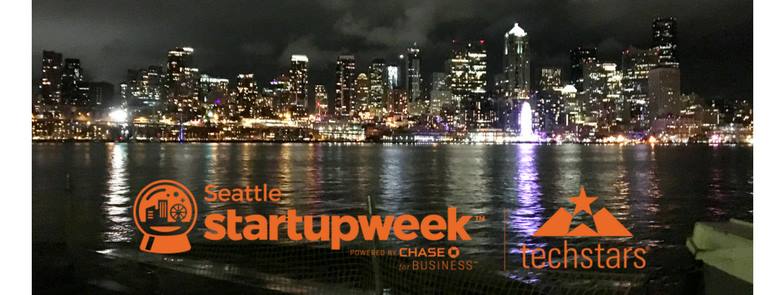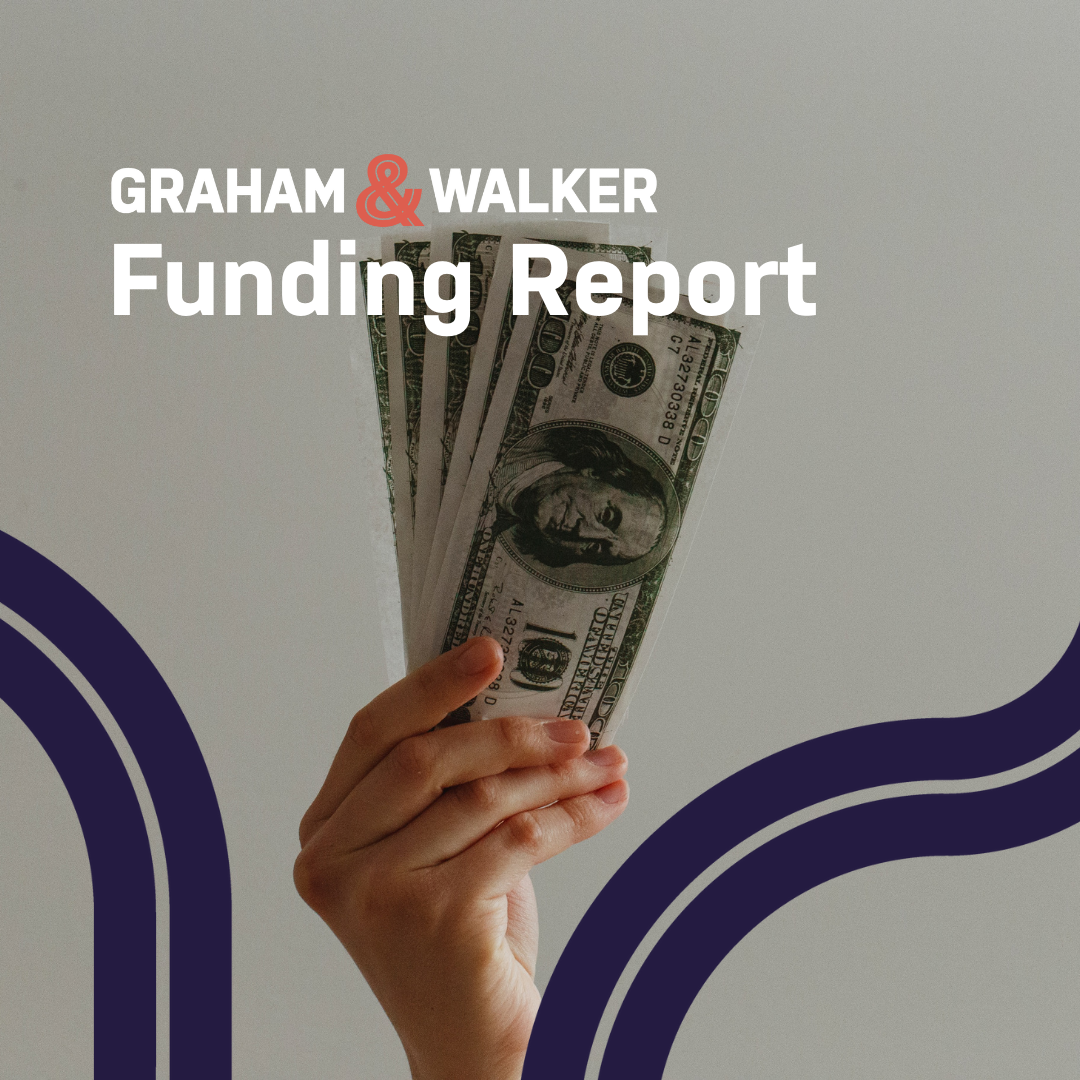An analysis of speaking opportunities at Seattle Startup Week.

Public speaking. Love it or hate it, the right speaking opportunity is enormously valuable for a rising entrepreneur or tech executive. A high-profile panel gets you exposure to media, partners, and customers. It is an implicit stamp of approval that lends credibility and legitimacy to you and your company.
This is why it’s so important to get more qualified women featured in high-profile speaking engagements. Many technology, startup, and business events have started to make noticeable progress on this. And yet, as a woman who is invited to speak with some frequency, I can tell you that nine times out of ten a woman ends up in one of two scenarios: 1) you are the only woman on a tech panel or, 2) you are one of many women on a “women’s” panel.
If you’ve been to a mainstream tech conference lately, you know exactly what I mean. “Women’s” panels are those designed to attract a female audience, on topics where women typically hold expertise. They focus on lifestyle topics, personal empowerment, and diversity itself. Or they focus on overwhelmingly female verticals (e.g. beauty, fashion, weddings, kids products), and overwhelmingly female functions (e.g. recruiting, human resources, and in some industries, brand marketing).
There’s nothing inherently wrong with any of this. All of these topics are interesting to the right audience and lend credibility to the right speaker. Having attended and organized many female-focused panels, I know first hand how valuable they can be.
And yet, at the heart of our advocacy for female leaders in tech is the goal of equitable treatment and representation in the core areas of tech. It’s not just about working in the industry in any capacity, it’s about software, product market fit, R&D, business model innovation, raising capital, and going to market.
So how are we being represented as speakers on these “gender neutral” topics?
To answer this question, PartnerTap founder & CEO Cassandra Gholston and I looked at all multi-speaker sessions put on by last year’s Seattle Startup Week team*. In total, the event created an impressive 123 panel speaking opportunities for 103 women.
But when we dug into the data, we found significant room for improvement:
More than half (61 out of 118) of all panels didn’t have a single female speaker. Of the 57 mixed gender panels, 47% were on “women’s topics” as defined above. “Women’s topic” panels featured an average of 2.4 female speakers, compared to gender neutral panels, which featured an average of 0.6 women speakers – a 4X difference.
Some will suggest this is a pipeline problem, that there simply aren’t enough qualified women who can speak with authority about certain topics. As leader of the Female Founders Alliance (FFA), which has grown to 100 Founders & CEOs in Seattle alone (plus a waitlist of 100 applicants), and as someone who has hired, worked for, learned from, mentored and been mentored by truly outstanding women, I reject that premise. If you are unable to find a woman with the qualifications you need for your panel, email me at leslie@femalefounders.org. I know hundreds. And so should you.
And if you’re wondering why I’m not calling out “men’s topics” sessions in this analysis, it’s because there really aren’t any. No sessions for “dadpreneurs” and their work-life balance, no sessions on how to unleash your inner bro, and no sessions for men to improve their communication skills and make your voice be heard!
To be clear, I recognize and appreciate how far we’ve come. These numbers were dramatically different when I started my career in tech. What’s more, until recently it was extraordinarily rare to see a pregnant woman on a tech stage. Advanced pregnancy is the most undeniable visual reminder of our womanhood. But it isn’t so unusual anymore. In November 2015, I myself spoke on a Seattle Startup Week panel with a 7-month pregnant belly. This year, Seattle leaders like Pioneer Square Labs’ Julie Sandler and The Riveter’s Amy Nelson have been killing it onstage and off while pregnant.
That said, for me and most of the women in my professional circle, the current state of affairs is still incredibly frustrating.
That is why this year, I decided to take action. I started the Female Founders Alliance with a core objective of accelerating female founders’ success. One of our goals is to create tangible opportunities for our members. We also encourage members to create tangible opportunities for each other. In this spirit I recruited a team of FFA volunteers to launch a new track at Seattle Startup Week 2017.
The result is a series of panels entitled “Doing More With Less.” The title is a tribute to entrepreneurship, when you have all of the passion but not many resources. It is also a tribute to female founders, who deliver 63% higher return on investment despite capturing only 2.19% of venture capital dollars (get it? higher ROI with less capital). Our incredible lineup of venture scale startup founders, CEOs, and investors will dive into how to succeed despite limited time, money, cash, experience, and people. And hey, by the way? 23 out of 29 of our speakers are women.
Over the past couple of months I’ve realized that I am not the only one working to create meaningful opportunities for professional women. There is a concerted effort among many in the Startup Week leadership team to do the same. And even though we don’t yet have a final count of events and speakers, I can already tell that the results of our collective efforts will be inspiring and educational for all.
It’s time to show up for the women of Seattle who are speaking on hard hitting topics in business and technology. Fill the rooms because you want to hear from real experts in topics that we all can learn from. Seattle Startup Week runs October 2nd through the 6th. You can check out all the panels featuring Seattle’s female startup founders on our Facebook page. Catch me speaking on October 1st, 10am at Atlas Workbase in Startup Week’s entrepreneurship workshop for teens.
I hope to see you there.
*Data was extracted from https://seattlestartupweek2016.sched.com. We focused our analysis on multi-speaker events, which are generally about a specific topic. In contrast, keynote speeches are generally about a specific person. To focus on panels only, we excluded keynotes, single speaker events, and non-speaking events like Job Fair, happy hours and mentor hours.

